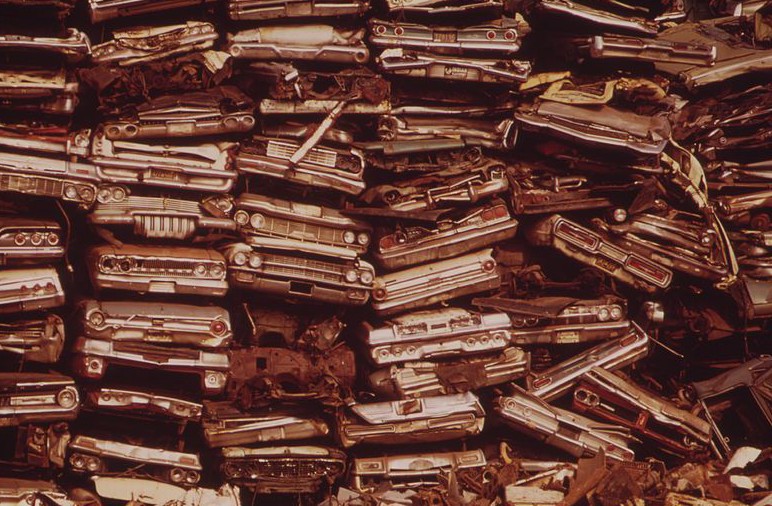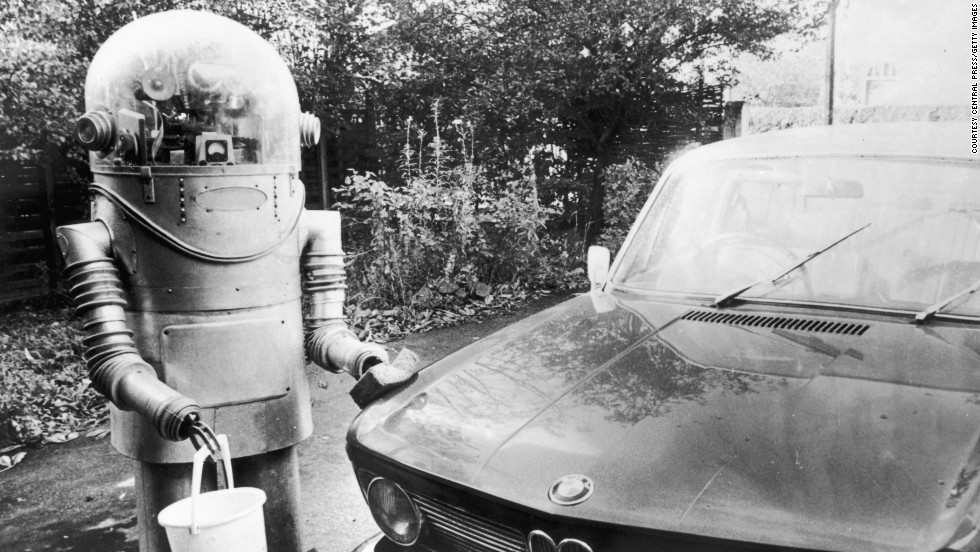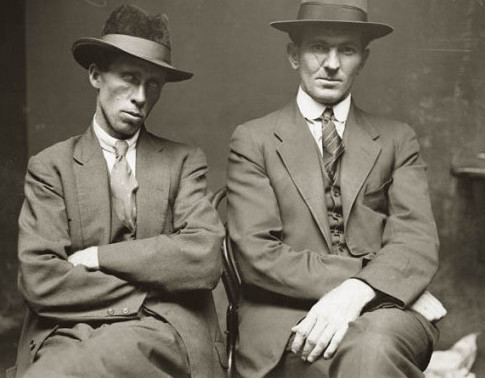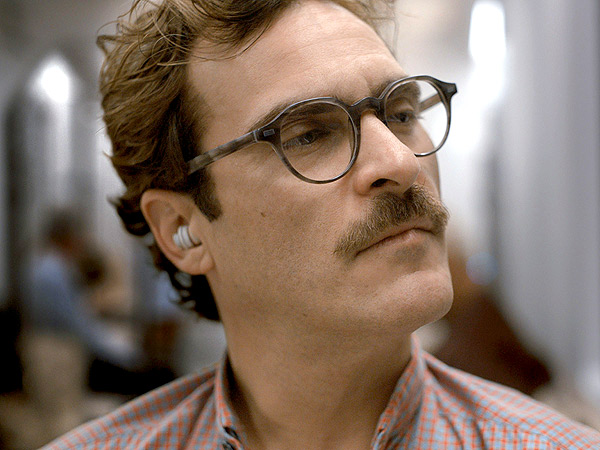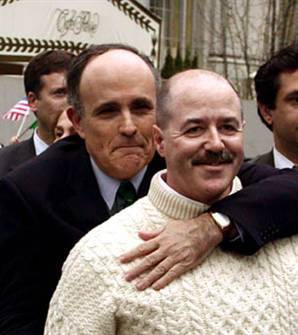In the last 50 years, LBJ was arguably the only U.S. President more a more liberal domestic agenda than Richard Nixon, who seriously pursued the establishment of universal healthcare and a minimum-income guarantee for all Americans. But though he may have backed some noble policy, his ignoble mien and criminal methods made him a walking caricature of pure evil, an immoral mountebank meant for mockery. Hunter S. Thompson, for one, was not a fan. From “He Was a Crook,” the journalist’s classic and caustic postmortem of the disgraced President at the time of his death in 1994:
The family opted for cremation until they were advised of the potentially onerous implications of a strictly private, unwitnessed burning of the body of the man who was, after all, the President of the United States. Awkward questions might be raised, dark allusions to Hitler and Rasputin. People would be filing lawsuits to get their hands on the dental charts. Long court battles would be inevitable — some with liberal cranks bitching about corpus delicti and habeas corpus and others with giant insurance companies trying not to pay off on his death benefits. Either way, an orgy of greed and duplicity was sure to follow any public hint that Nixon might have somehow faked his own death or been cryogenically transferred to fascist Chinese interests on the Central Asian Mainland.
It would also play into the hands of those millions of self-stigmatized patriots like me who believe these things already.
If the right people had been in charge of Nixon’s funeral, his casket would have been launched into one of those open-sewage canals that empty into the ocean just south of Los Angeles. He was a swine of a man and a jabbering dupe of a president. Nixon was so crooked that he needed servants to help him screw his pants on every morning. Even his funeral was illegal. He was queer in the deepest way. His body should have been burned in a trash bin.
These are harsh words for a man only recently canonized by President Clinton and my old friend George McGovern — but I have written worse things about Nixon, many times, and the record will show that I kicked him repeatedly long before he went down. I beat him like a mad dog with mange every time I got a chance, and I am proud of it. He was scum.
Let there be no mistake in the history books about that. Richard Nixon was an evil man — evil in a way that only those who believe in the physical reality of the Devil can understand it. He was utterly without ethics or morals or any bedrock sense of decency. Nobody trusted him — except maybe the Stalinist Chinese, and honest historians will remember him mainly as a rat who kept scrambling to get back on the ship.•






